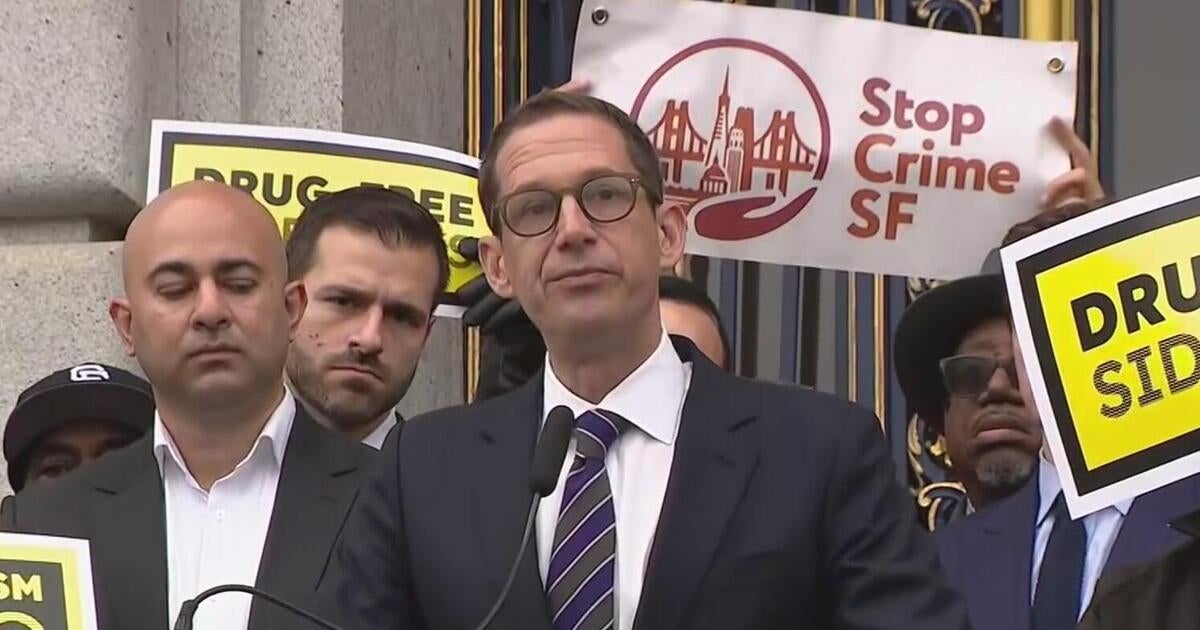Inside City Hall: London Breed's Turbulent First Weeks as San Francisco's Helmsman

In the dynamic landscape of San Francisco's political arena, Daniel Lurie's initial six weeks as mayor have drawn keen analysis from political science experts. The early days of his administration reveal a complex tapestry of challenges and strategic approaches that could define his leadership trajectory.
Navigating the city's intricate political ecosystem, Lurie has demonstrated a nuanced understanding of San Francisco's most pressing issues. From homelessness to public safety, his initial moves suggest a deliberate and thoughtful approach to governance that goes beyond typical mayoral rhetoric.
Political observers note that Lurie's first weeks have been characterized by a blend of bold initiatives and careful coalition-building. His leadership style appears to balance ambitious policy goals with a pragmatic recognition of the city's multifaceted challenges.
While it's still early in his tenure, these initial weeks provide a critical window into Lurie's potential impact on San Francisco's future. The political science expert suggests that his early actions may set the tone for a transformative approach to municipal leadership in one of America's most complex urban environments.

